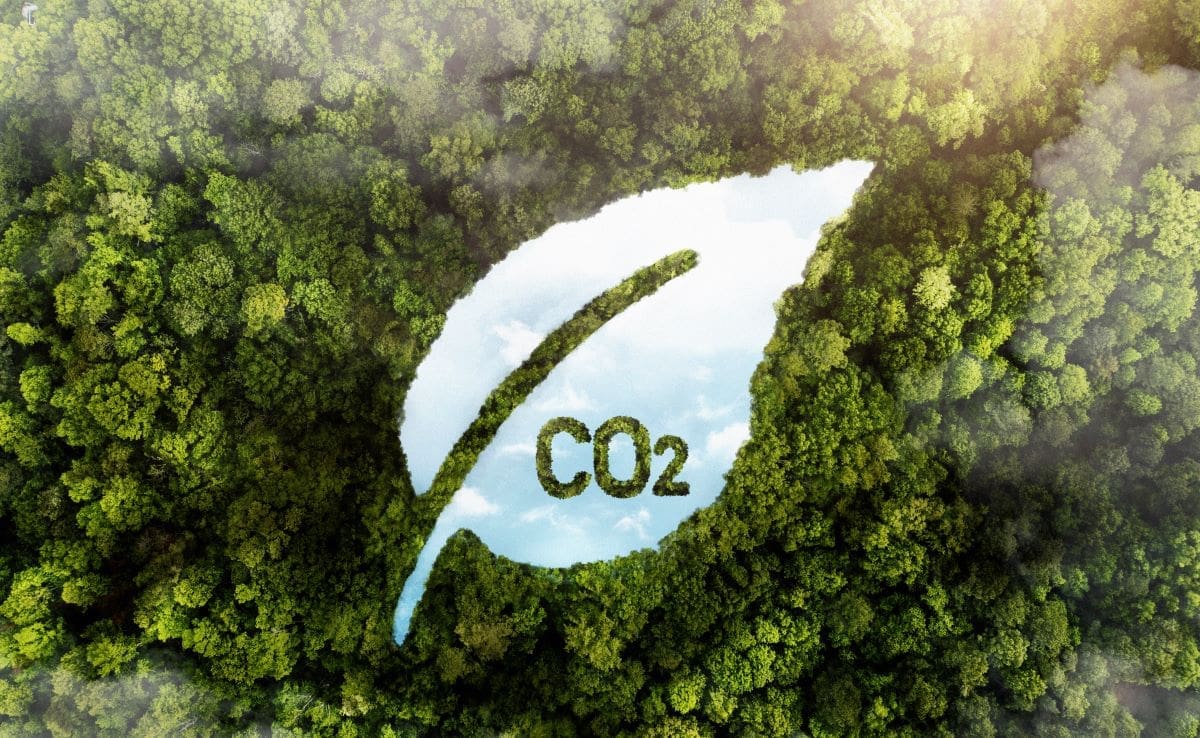A new report released by the financial think tank Carbon Tracker sheds light on a concerning trend among major greenhouse gas (GHG) emitters: a collective failure to adequately disclose the impact of the climate crisis on their businesses. The report, titled “Flying Blind: In a Holding Pattern,” underscores the critical need for transparency as investors increasingly grapple with the financial implications of climate change and the energy transition.
The analysis focused on 140 companies, among the world’s largest corporate GHG emitters, under the purview of the Climate Action 100+ investor initiative. These companies, subject to similar accounting and auditing standards, were found lacking in disclosing crucial information about how climate-related risks are factored into their financial statements.
Key findings from the report include:
Inadequate Disclosure: Only 37% of the companies provided some information in their financial statements and audit reports regarding the incorporation of climate-related financial risks, a marginal improvement from the previous year’s 35%.
Missing Data: A staggering 81% of companies omitted essential quantitative assumptions and estimates used in financial reporting, impeding investors’ ability to assess the true impact of climate-related risks.
Inconsistencies: 70% of companies’ financial statements were found to be inconsistent with their other climate narratives, raising concerns about potential errors, poor governance, or greenwashing.
Audit Failures: Auditors also fell short, with 80% of audit reports providing little or no information about the assessment of climate impact. Only one audit report, Deloitte’s audit of BP, provided all required information.
Global Disparities: Companies operating in Europe and the UK generally provided more information compared to those in the US and Asia-Pacific. US companies, in particular, frequently challenged investor requests for climate disclosures, with none of the audit reports indicating consideration of climate or the energy transition.
The report emphasizes the urgency for management and auditors to address a range of risks associated with climate change and the energy transition, including transition risks, physical risks, and related company targets and strategies.
Despite commitments from major audit firms to achieve net-zero emissions by 2050, and a significant portion of companies setting net-zero targets, the report highlights a glaring gap in responding to investor demands for information about how balance sheets could be impacted by the global push for net zero emissions.
“Flying Blind: In a Holding Pattern” serves as a wake-up call, urging companies, auditors, and regulators to prioritize transparency and accountability in disclosing climate-related risks. As investors increasingly seek to navigate the complex landscape of climate finance, the need for accurate and comprehensive information has never been more pressing.
The report will be followed by further notes focusing on companies, auditors, and regulators, collectively comprising the third installment of the Flying Blind series.
Source: Material/Press Release here by Carbon Tracker.
Featured image credits: Freepik




